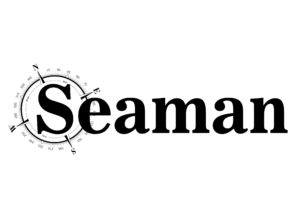A new three-year research project, called SEDNA, has been launched to address safety and efficiency in Arctic ship operations. Its aim is to develop the ‘Safe Arctic Bridge’, a human-centered operational environment for ice-going vessels. Its design and layout will focus on the navigational requirements of the Arctic, namely ice, weather and a lack of chart data. The Safe Arctic Bridge will use augmented reality to improve situational awareness and to support the crew in their decision making. It will be developed and tested in a virtual bridge prototyping system. SEDNA will develop anti-icing solutions for vessels’ superstructures. The build-up of ice on a ship can pose a serious risk to safety, as it affects stability and may render important equipment unusable. To prevent this, SEDNA will mimic the water-repellent properties of penguins’ feathers with a combination of a special surface texture and an oil-based coating. In addition, energy-efficient electro-thermal systems will be used. It will also develop a risk-based design framework for ship safety, including the definition of hazard scenarios, their likelihood and their expected consequences. This will take into account ice loads and their effects on ships. This aspect of the project will be based on the work of the LRF Centre of Excellence for Arctic Shipping and Operations and is expected to contribute to future development of the International Maritime Organization’s Polar Code. The project is led by BMT Group Ltd (UK) and brings together 13 partners from six different countries. The partners are University College London (UK), Chalmers University of Technology (Sweden), Atkitektur – og designhøgskolen i Oslo (Norway), University of Southampton (UK), MET Office (UK), Cork Institute of Technology (Ireland), Aalto University (Finland), Lloyd’s Register EMEA (UK), Aker Arctic Technology Inc. (Finland), Stena Rederi AB (Sweden), Dalian University of Technology (China) and Harbin Engineering University (China).





